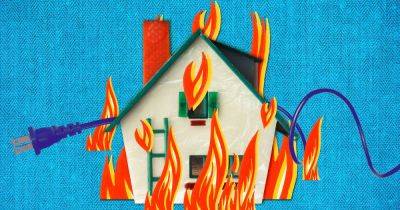NY Heat Act flares up
With help from Shawn Ness
Proponents of a measure to limit the expansion of the state’s gas system are elated with Gov. Kathy Hochul backing key components of their bill.
But the proposal to end subsidies for new gas hookups and enable neighborhood-wide transitions off natural gas faces a long road with aggressive opposition from labor unions and the gas industry.
“We have to get off the fracked gas system and do it now,” said Betta Broad, campaign director for New Yorkers for Clean Power during a rally with the Renewable Heat Now coalition. Supporters packing the Million Dollar Staircase chanted “New York HEAT” — the name of the bill — and lawmakers spoke in support of the bill.
Assembly Democratic leadership has not endorsed the measure. Assemblymember Pat Fahy (D-Albany) said recent amendments were meant to alleviate concerns from Speaker Carl Heastie.
While Hochul excluded the provision of NY HEAT to formalize the policy goal of keeping energy costs at 6 percent of income for moderate and low-income New York residents, Fahy’s recent amendments would double down on that mandate. It would apply the 6 percent cap to all residential utility customers.
“We want to make sure even our middle income ratepayers aren’t slammed with our necessary upfront investments,” Fahy said.
But the Public Service Commission could limit the costs of the program to subsidize energy costs at 3 percent of utility revenues. Fahy said that should prevent major increases for manufacturers and businesses to pay for the residential limits.
The measure also allows the PSC to limit the amount of energy subject to the affordability cap — ensuring there’s an incentive for conservation. Fahy said conservation was a priority for Heastie.
Both the







